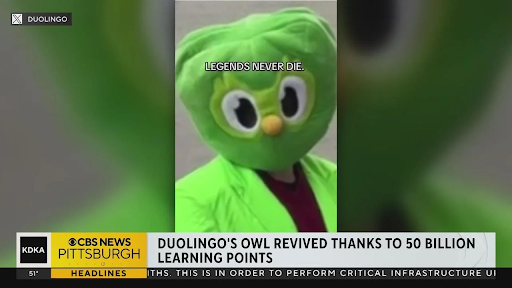Axolotls are critically endangered salamanders native to Lake Xochimilco and the waterways of Mexico City. They have gained huge popularity through social media with the hit game Minecraft.
The number of Axolotls in their natural habitat have dwindled by 99.5% in the past twenty years. The dramatic population decline is attributed to three factors: the urbanization of Mexico City, competing fish, and pollution. As Mexico City has expanded, the surrounding wetlands have been emptied. Lake Xochimilco, where axolotls live, used to be part of the greater Lake Texcoco. As their habitat shrinks, animals compete for food and space. For instance, the tilapia has been eating axolotl eggs while also consuming shared resources that were once plentiful for both animals. Finally, water and plastic pollution has damaged the axolotl population. Plastic and other trash harms axolotls’ gills and poisons their food.
In most states, it is illegal to own an axolotl because they are endangered, yet the cause has still generated plenty of interest. In response, the National Autonomous University of Mexico started a nonprofit called “Adoptaxolot” which allows the public to “adopt” a virtual axolotl for about 600 pesos or $35. Last year, the campaign raised $30,000. While this may seem like a lot, local ecologist Luis Zambrano said ten times that amount is needed to restore the axolotl population. The National Autonomous University of Mexico stated that the money raised would be used for habitat restoration and the use of chinampas in agriculture. It will also provide for filters in Lake Xochimilco to stop pollutants from entering the water.
Axolotls are actually beneficial to humankind, as they help clean the water in Mexico City, the most populated city in North America. The animal also has unique properties that regenerate tissue. Scientists believe that it could aid in the fight against cancer as their genes are resistant to cancer formation and expansion.
Axolotls have been beloved since early Aztec civilization, and Luis Zambrano hopes that social media and the current campaign could help the animal thrive for generations to come.









Irina Rozo • Mar 23, 2025 at 8:44 pm
Loved it 🥰 ALL THE INFORMATION! I’ll be on the lookout 👀 help keep the Axolotls from going extinct!
🐊🦚🦜🐉🌱🐲🌵🐦🔥🌲🌳🌴🪵🎍
🌵🐾🐲🍀🎋🪴🌿🍁🍄🪸
🪺🪹🐚💐🌷🌻🌝
🪷🌺🌼🪻🥀
🌞🌛🌒🌚
🥀🪻🌾🍄🟫
🌍 🌎
🕊️